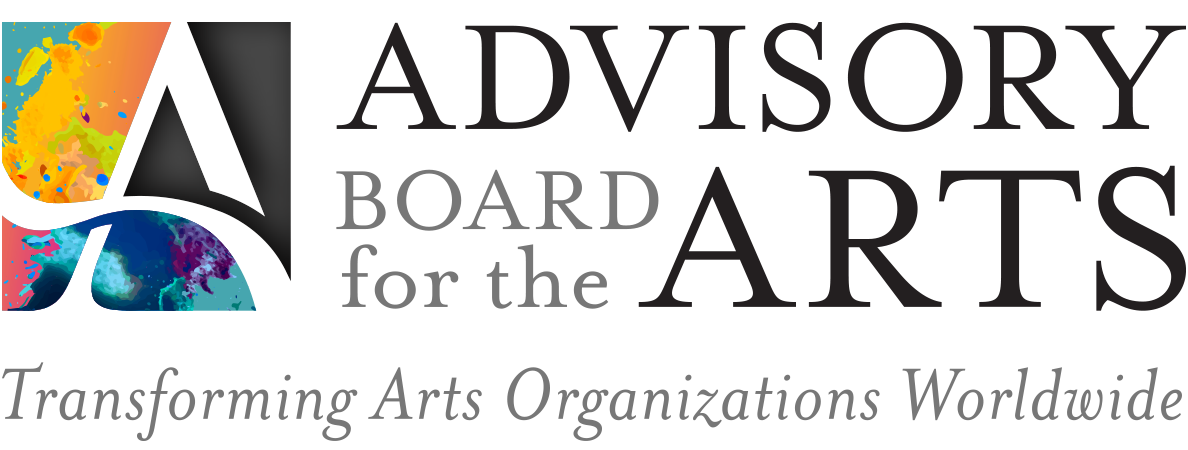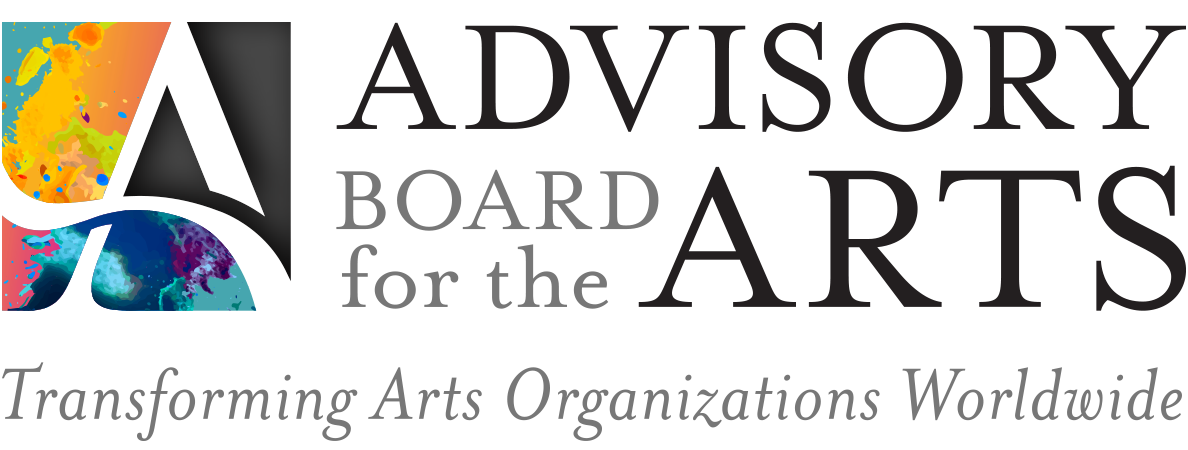Managing an Arts Organization during COVID-19: An Interview with ABA Member, Debby Buchholz
We recently had the opportunity to speak with Debby Buchholz, Managing Director of La Jolla Playhouse, about how she has approached leading an arts organization through this difficult time. Below you can find a summary of our interview with Debby.
Most people are working remotely right now: how do you stay in tune with staff needs and accommodate the different ways the pandemic is affecting each of them?
Scheduled communication is vital. It’s a blessing to have Zoom while we work remotely, but it’s not the same as the in person contact. For me, it’s more important than ever that I don’t miss any of my regular “touch-base” meetings, because the walking around the building doesn’t happen anymore.
Before the pandemic, we used to have a senior staff meeting for 60 to 90 minutes a week. Early in the pandemic, we switched to three times a week for at least 90 minutes. Even now, we’re still meeting twice a week. A big part of that is because we’re still producing new art. We decided at the beginning of this to focus on commissioning and producing new work in our Without Walls (WOW) series and on our education and outreach work. We moved it all to an online format. We are very fortunate that the Playhouse has a board of trustees that is very supportive, a healthy endowment, and that we got a PPP loan. So we’ve been lucky. Our staff is busy – making art, marketing art, raising money, paying bills, and commissioning future art.
How do you foster a sense of team when many are remote and you are dealing with many challenges?
I truly believe that, in this field, people work because they are passionate about being part of theatre. People want to contribute. Chris (Christopher Ashley, Artistic Director) and I have made a commitment that we will tell our staff what we know, when we know it. We have tried to make it clear they can ask us anything. When the situation changes, we do our best to communicate it quickly and clearly. Departments meet weekly and we have a monthly all staff meeting.
La Jolla Playhouse’s Education Department Created a Series of “Create & Learn” Videos in Addition to Online Classes
Normally, the summer is our busiest time of year – the height of our production season. However, this year it is not. So, we implemented Summer Fridays, where the office closes at 1pm. Hopefully, lightening Friday afternoons signals that we recognize their hard work and that we all need some head space.
How do you clarify decision making approaches when roles & responsibilities have changed so much - how do you avoid being involved in every decision?
I don’t know that I’ve been as successful as I’d like to have been! Typically, I think that I have a good sense of when I should be involved in an issue and when I do not need to be. I trust that my staff involves me in decisions when they think they should. My office is a fishbowl in the middle of our space, so I usually feel very in-tune with everything, but that is obviously not the case right now. I do worry that I’m not as accessible because I’m going Zoom to Zoom to Zoom and people might not be involving me the same way they would if we were physically in the office. However, we have a really great staff. I trust their decisions and I know that, if they really need me, they will figure out how to reach me!
I also recognize that everyone is dealing with their own issues outside of work. People have family issues, health issues, home schooling, elder-care. I am working to figure out and understand all the needs of our staff and to try to be flexible enough to appropriately support them.
What silver linings (if any) have you found in the pandemic and related crises?
On a personal level, I have two of my grown children home and my husband and I are enjoying their company! At the Playhouse, a silver lining is that we found ourselves a new stage. For the past decade, we have produced our WOW (Without Walls) projects in spaces throughout San Diego. When the pandemic started, we shifted that work to be all online. We will continue our online WOW work after the pandemic and after we are back making live theater. The on-line format allows us to reach people from all over the world. It has allowed us to produce and commission work that we would likely not have otherwise produced. We have a children’s program, The Wizards of Oakwood Drive, that is currently performing and we’ve seen families from all over the United States and abroad participate. It has been such an opportunity to broaden the Playhouse’s reach and to engage with people we wouldn’t have otherwise been able to engage with.
We’ve inaugurated a Sunday morning series called “Sip and Tells” and a series of monthly “Coffee Chats” that create great opportunities for patrons, donors and artists to have conversations together and for people to learn about the artists we work with, the art that we produce and about why and how we produce it. We will likely continue to do these via Zoom even when this is over.
This period has also provided us with the opportunity to focus on and move forward our Equity, Diversity, and Inclusion (EDI) efforts. Our staff and board are actively engaged and working to clarify and expand our commitment to anti-racist policies at every level of the Playhouse.
More broadly, I think this experience will increase our flexibility as an institution. Like other theaters and businesses, we have had to rethink some pretty ingrained processes and rules as a result of the pandemic. We need to be nimble, open-minded and willing to recalibrate constantly. I believe that developing those muscles will inspire a level of thoughtful flexibility as we go forward. Hopefully, this will enable us to be more open-minded and responsive to family needs and the need for a better overall work/life balance in theater. Part of the EDI conversation has been about the long rehearsals and schedules that are incompatible with healthy family life. In this moment, “We See You W.A.T.” is moving to the forefront of conversation the need to recognize and honor the importance of valuing and enabling work/life balance. It is also making clear the disproportionate negative impact that failing to recognize and honor this need has on BIPOC artists and staff.
“I care very much about the people I work with, as people. You don’t know what everybody is dealing with...always assume that people are trying the best they can. Assume positive intent on the part of others and be aware of your own impact.”
So many arts leaders are feeling the pressure of helping their organization, teams and artists through this time. What do you do to keep yourself sane and avoid the pressure getting to you too much?
I’m really lucky. I have an incredibly fantastic artistic director – Chris Ashley is a true partner. My board is respectful, engaged, appreciative and giving, and my family is the same. Like my peers, I am putting in 12+ hour days, but when I toggle away from my phone and computer, my eldest daughter is cooking dinner every night, and we get to spend time as a family, with our kids as adults, that my husband and I never expected to have.
I am binge watching some TV that I missed over the years of many nights at work. I am doing some EDI reading that I might not have found the time to do otherwise, and I am re-reading old favorites that are like my “mac and cheese.” Right now, I’m re-reading “Bel Canto.” And I’m also walking as much as I can. Whenever I can do a phone call instead of a Zoom, I am – and, I am walking while talking. I am trying for at least five miles a day, and I am usually able to get it because I talk on the phone so much!
How do you create delineation between work and home life?
Honestly, I have never been good at that, and I’ve come to peace with it. It stresses me out more to not be available. I’m the one who carves out time every day to check email while on vacation. Working from home makes finding the delineation even harder. At first, I was working 14-hour days. I still don’t feel like I’m in control of it all, but I’m comfortable knowing that I’m doing the best I can with what I have. I know when the time is right to turn it off. I love what I do and the people I do it with. I’ve never looked at work as a chore. I am incredibly lucky to be able to do what I do and I appreciate that now more than ever.
What have been your favorite team tools or resources to get you through this time?
There isn’t really a tool I’ve found most helpful, but I can offer advice on what’s helping me get through this time. I’ve found it is best to be candid and honest with my colleagues and my board. It is also very important to frequently express gratitude. Figure out ways to communicate with your board that aren’t only about asking for something and identify ways to check in with staff that aren’t only about the work. One of the things I miss most during this time is those moments before, after and between meetings when you have the chance to talk and share on a personal level with colleagues, donors and audiences. Those moments don’t happen on Zoom. I tend to be a bit of a ‘mother hen’ – I care very much about the people I work with, as people. You don’t know what everybody is dealing with. Is someone in a tiny place with young children? Is someone not able to see their parents? Are they living with a partner who isn’t adapting to this situation in the same way? It goes to presumption – always assume that people are trying the best they can. Assume positive intent on the part of others and be aware of your own impact – intentional or not. Keep your sense of humor and be kind.





